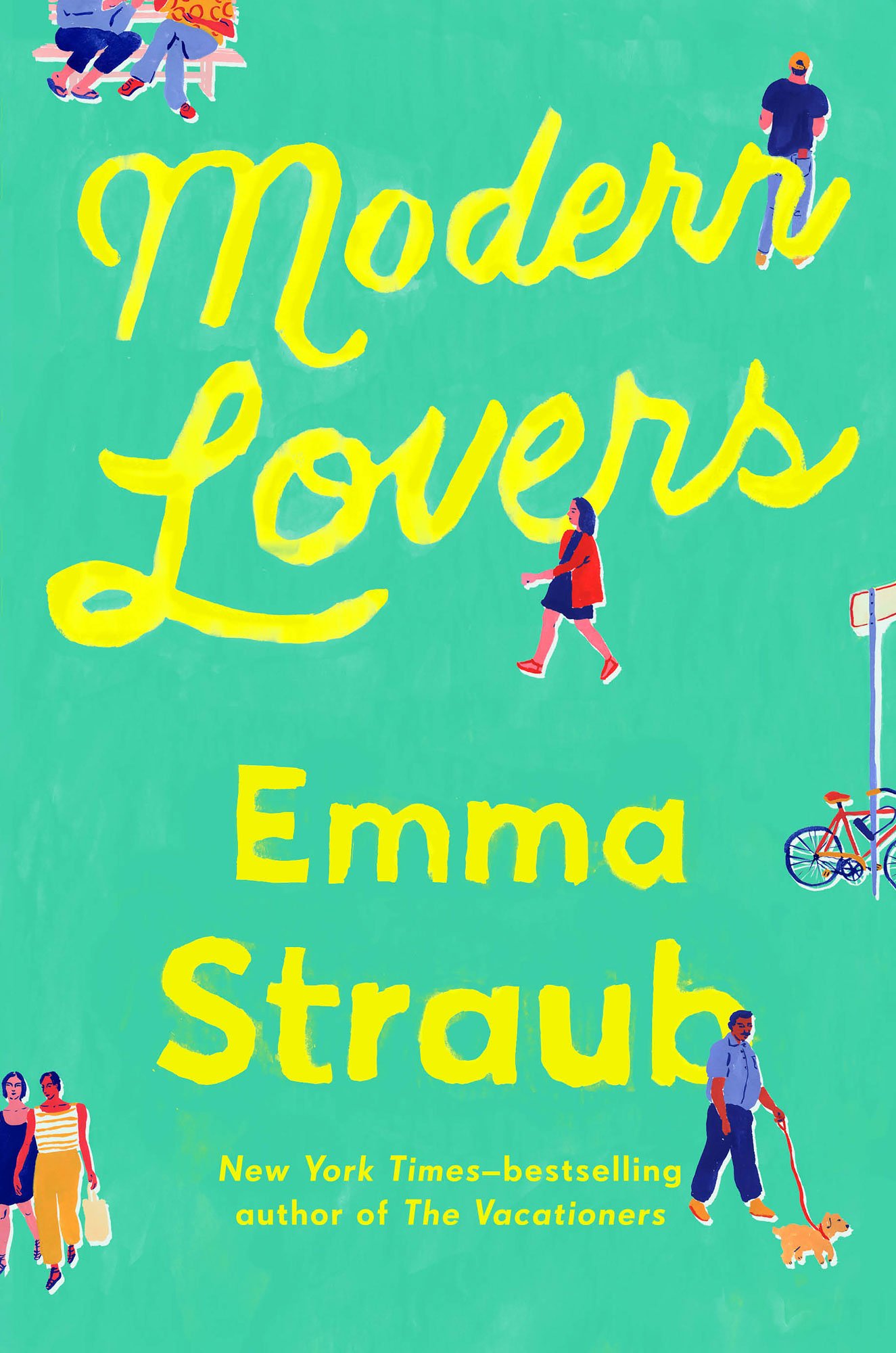I really enjoyed this novel. I like comfortable domestic novels, but far too often they’re overwhelmingly straight. This was not. It’s about two families who have been friends for a very long time, growing together, and taking each other for granted. There are two couples, with one teenage child apiece. That one of the couples are interracial lesbians is delightful. It’s about teenagers growing up, and parents going through midlife crises. Taken together Straub suggests that coming of age is really an ongoing process, not something we finish at the end of adolescence.
I like how flawed the couples are. Their relationships feel very lived in and authentic. The romance is found in the way they’re still trying, and working on ways to be together after being together for more than twenty years. This sort of worn-in taken for granted partnership is a sharp contrast from the rush of confused discovery the teenagers are tripping through.
The best part of the kid’s story is the element of knowing someone for a very long time and then getting to know each other in a very different way. They grew up together, have known each other for their entire lives, but as eighteen year olds they are starting to see each other as people. One of the more interesting parts of growing up isn’t just figuring out who you are, but watching the kids around you decide who they are as well.
Modern Lovers is a coming of age story that doesn’t focus on identity. It talks about class, sexuality, and race, and has interesting things to say, but never gets too far away from the relationships between people. For Straub these are all parts of identities that inform how characters relate to each other.
The way Straub writes characters who have money is fascinating. Both couples are more than well off, and there is some family wealth as well. Different characters relate to this so differently, showing discomfort, indifference, and different sorts of evolving class consciousness. Differing attitudes towards money also impact relationships. Money isn’t really a problem, but it’s an issue, and taking this on adds something. There are lots of comfortable domestic novels about families who have money that never acknowledges that these families having money is significant, and Straub manages to avoid that.
The issue of money plays into a more major theme, which is characters wondering how to be creatively fulfilled by their lives. Three fourths of the adults used to be in a rock band in college, with another girl who went on to become famous before dying young. The three of them have different relationships with music now, but having started with the dream of rock’n’roll informs who they are as adults. Trying to find the right outlet for artistic expression is an important plot point, and at times a major source of tension.
I love the hyper local specificity. I don’t know anything about the Ditmas Park neighborhood of Brooklyn, but it was presented with such clear authority. The characters have a strong relationship to the place, and that connection is clear to the reader, the affection and exasperation, the sense of home. It references street names and landmarks casually, in a way that adds depth and authenticity without becoming cluttered or confusing. I feel like I could take a copy of the book to navigate around the neighborhood.
As far as I’ve seen, Emma Straub is straight, and this sort of representation is what I want from straight authors. There are lesbians, and they are interesting, and flawed, and sympathetic. Their sexuality is important to the story, and to who they are as individuals, but not the only or even the most important thing about them. They’re given as much space and sympathy as the straight couple in the book. Not every book needs to be super queer, but it’s so good to read an enjoyable story where it feels like I could exist somewhere in the world.
This wasn’t the most exciting book I’ve read lately, but it was one of the nicest. It’s a very bright and clean book. It’s incredibly nice without being cloying. What I appreciated the most is that Straub treated her characters with incredible kindness while not shying away from their flaws.


Nice works too, eh? 😀